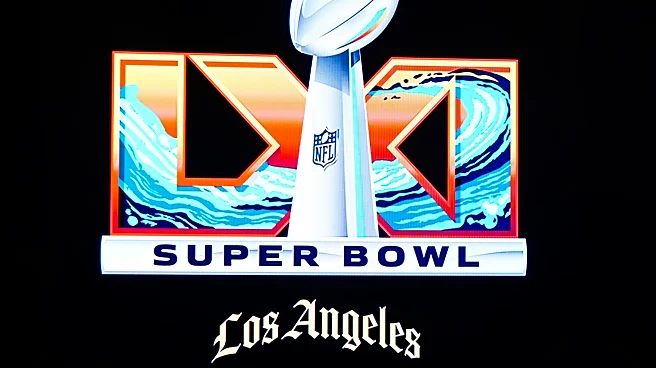What's Happening?
Guillermo Del Toro's 'Frankenstein' debuted at the Venice Film Festival, eliciting varied responses from critics. While some praised the film's production value and Del Toro's direction, others found the adaptation lacking in substance. Oscar Isaac's portrayal of Dr. Victor Frankenstein and Jacob Elordi's performance as the creature received mixed reviews, with some critics questioning the film's pacing and narrative depth. Despite the critiques, the film's visual style and thematic exploration of humanity and monstrosity were acknowledged as strengths.
Why It's Important?
The mixed critical reception of 'Frankenstein' underscores the challenges faced by filmmakers in adapting classic literature for modern audiences. Del Toro's ambitious project, with its significant budget and high expectations, highlights the risks and rewards associated with such endeavors. The film's reception may influence future adaptations and the strategies employed by streaming platforms like Netflix in producing original content. It also reflects the ongoing dialogue about the balance between artistic vision and audience engagement in contemporary cinema.
Beyond the Headlines
The film's exploration of themes such as hubris and the nature of monstrosity invites deeper reflection on societal and ethical issues. Del Toro's adaptation may provoke discussions about the portrayal of scientific ambition and its consequences, resonating with current debates on technological advancement and moral responsibility. The film's visual and narrative choices could also contribute to broader cultural conversations about the reinterpretation of classic stories in a modern context.









